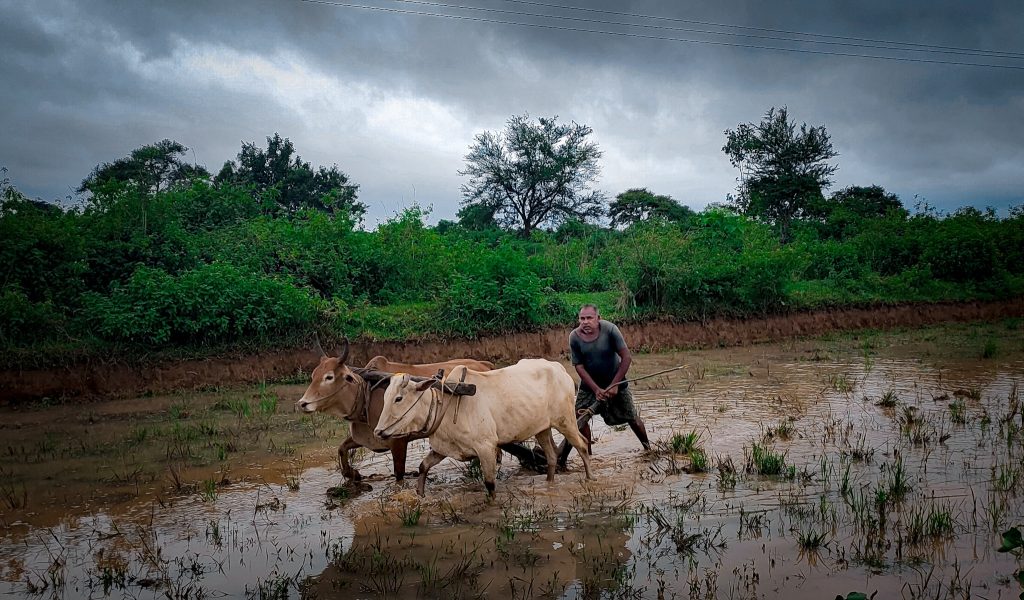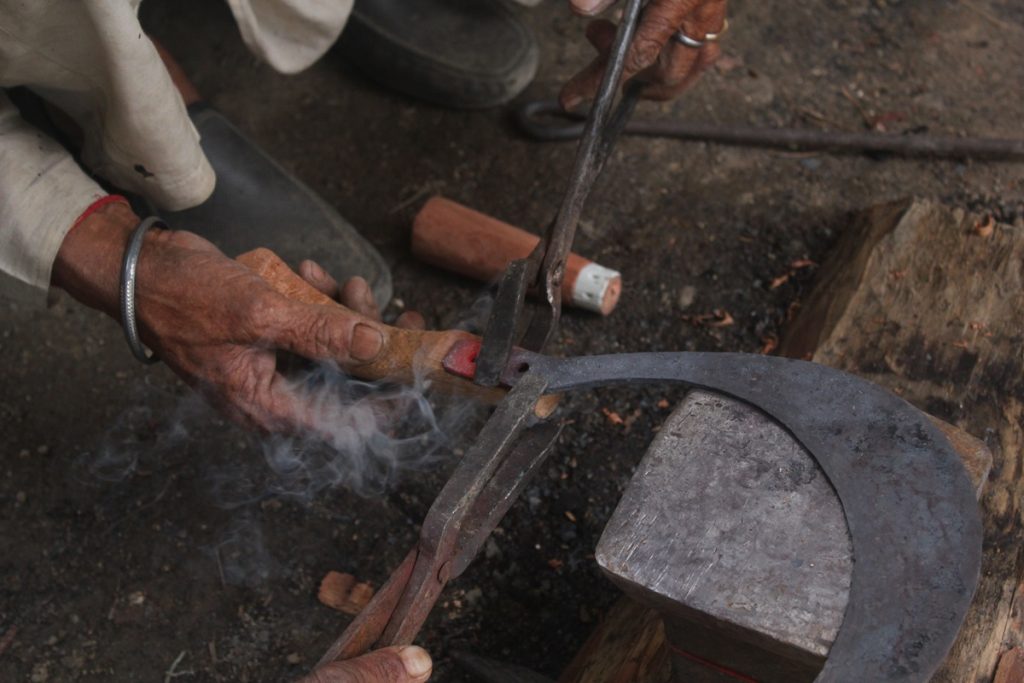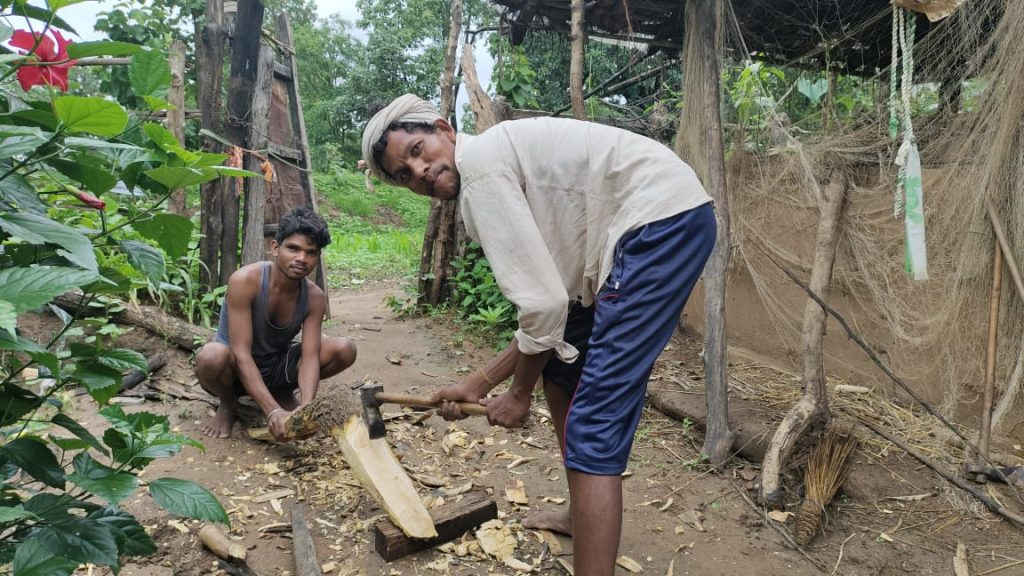SANYUKTA
सम्मिलित
Collective Awakening: Learning to document everyday lives of people
About the Programme
what kind of difference you want to make”
Dr. Jane Goodall
Collective awakening envisions to make a difference by imparting the art of capturing stories or lived realities of everyday people, who do exceptional – yet seemingly ordinary things for a living. This programme aims to nurture collective awareness to document people’s aspirations, transformations and challenges to drive social change in the dire issues of our times, through storytelling.


India is in many ways the most diverse part of the planet. Be it the language we speak or the food we eat, diverse arts and crafts, culture and literature. Eminent thinkers, activists, academicians and journalists are pointing out to the transformations that our countryside is undergoing, many of these features disappear leaving us poorer. There are for instance diverse styles of weaving with yarn and fibre to handcraft a range of products. Even the artistry of pottery and blacksmithing, crafting implements essential for farming to make ornate household items are integral to the daily lives of the local communities. Many of these crafts are slowly withering away with time and modernity. These communities face real collapse, which would rob the world of some of its greatest gifts. Some unique occupations — professional storytellers, epic poem singers — are also in danger of extinction.
Other professions like toddy tappers, who risk their lives to climb a palm tree, a height unimaginable, sometimes thrice in a season are rapidly losing their livelihoods.
There is surely much in rural areas that needs to change. Be it the caste or gender discriminations, untouchability, bonded labour, exploitation, oppression and regressive practices and more. P. Sainath from PARI network says, “The tragedy, though, is that the nature of the transformation underway more often tends to bolster the regressive and the barbaric, while undermining the best and the diverse”.

These diverse occupations and cultural practices make our society vibrant and are at the core of sustainability and resilience in the face of rising disasters and changing climate. The only way to protect these livelihoods is to popularize them and make them fashionable again. This is where we come in. Through this workshop we intend to introduce the learners to methods of observation, techniques of recording people’s lives – writing and skills of employing visual media.
- Passionate about building narratives and telling stories to help spread awareness and create a meaningful impact on our society.
- Highly motivated people who are engaged in storytelling/research/journalism
- Highly motivated and possess a strong interest in the theme, but lack experience – able to contribute different perspectives
- Participate in the entire programme
- Deliver a story in text/audio/video/photo essay format in your local context with the cohort
- Participate in a follow-up reflection session to integrate learning (or provide feedback via email/survey)
- Provide input into phase two (optional)
- Pre-program orientation: 30 minutes
- During the workshop: 2 x 2-hour sessions, once a week over 4 weeks
- Additional team meetings with mentors as needed: 30 mins/week over 4 weeks: 2 hours
- Final presentation session: 2 hours
- Reflection session/ feedback and evaluation via email: 1 hour
Dates :-
One- month online programme (sessions twice in a week).
Begins at 11 a.m. on 5th of October 2024
Programme fee is Rs. 500/-
Application Process
It is a two step process:
Step 1: Filling the application form
Step 2: Confirmation on your participation and sharing the programme joining details.
Programme Schedule
Week 1
- 05th and 06th October
"Kahani abhi baki hai: There is more to the Story"
What do we see and why? This session will help us build perspectives
Week 2
- 12th and 13th October
"Recording everyday voices: Hold a mic and mirror"
'Point of view in storytelling'
Week 3
- 19th and 20th October
Asking questions of categories: The curious case of 'religion'
Week 4
- 26th and 27th October
'Finding Your Voice: ‘The Power of Self-awareness in Narration'
Dates: October 5 to October 31 2024
Application deadline: September 20, 2024.